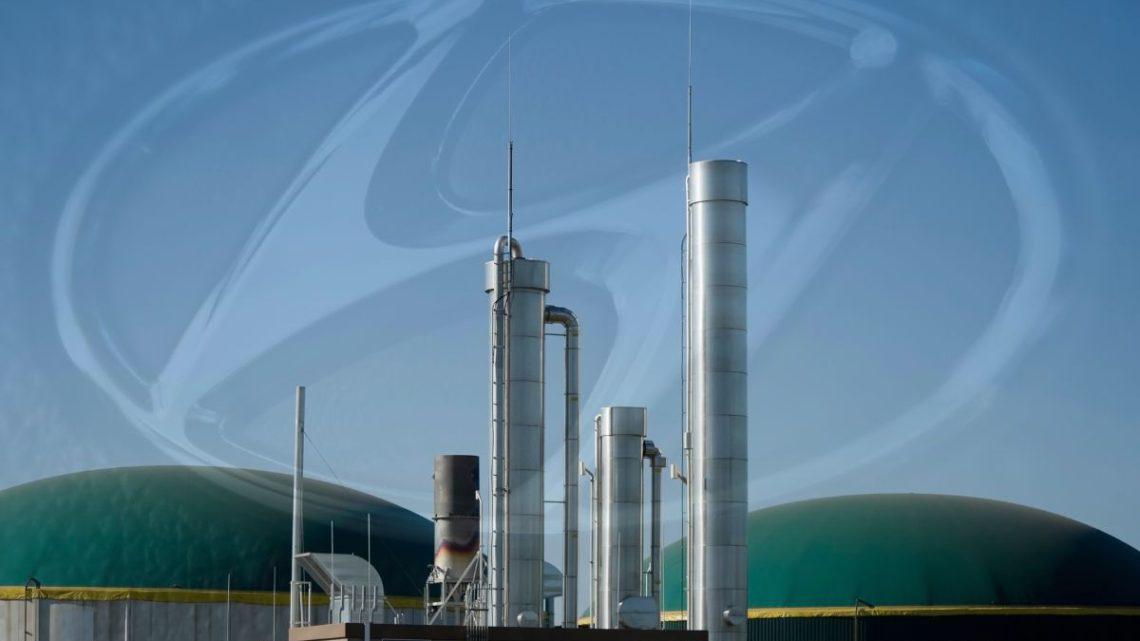 The automotive company signed an MoU with SL Corp.
The automotive company signed an MoU with SL Corp.Hyundai Motor Group announced a Memorandum of Understanding (MoU) with the Sudokwon Landfill Site Management Corporation (SL Corp.), and will begin generating green hydrogen using biogas produced during a food waste treatment process.
The waste-to-energy project aims to support the establishment of a green H2 ecosystem.
According to the recent MoU announcement made by Hyundai Motor Group, under the agreement, Hyundai Motor and Kia will establish an integrated system for the catalytic reaction process. SL Corp. will be responsible for studying biogas pretreatment technology and provide research sites and facilities, as well as biogas for hydrogen production. Meanwhile, Hyundai E&C will focus on developing gas selection separation technology in the H2 production process.
It is possible to generate high purity hydrogen via the refinement and reforming processes. Biogas (mostly methane), is produced from the fermentation of food waste, and this resource-circulating H2 production tech is gaining attention for generating renewable energy sources from waste materials, bolstering the waste-to-energy concept for producing hydrogen.
The objective of the agreement is to demonstrate a system that can generate 216 kilograms of green hydrogen every day by using biogas produced by SL Corp. over the next two years. The green H2 that is expected to be produced would be enough to charge more than 34 units of NEXO models, Hyundai’s hydrogen car.
Hyundai intends to promote green hydrogen production and research e-fuel production tech.
Hyundai Motor’s plan is to promote the production capabilities of green hydrogen while researching renewable synthetic fuel (e-fuel) production technologies at the same time. Additionally, the company plans to secure technologies to apply recycled synthetic fuels that can also be attained in the green hydrogen production process to existing internal combustion engine (ICE) vehicles.
Furthermore, Hyundai intends to develop a technology that can synthesize clean hydrogen and carbon monoxide to eventually produce renewable plastic materials. This would take the company one step closer to achieving its ultimate carbon neutrality goal.
“Through this agreement, we intend to conduct in-depth research and demonstrate resource-circulating energy technologies to achieve carbon neutrality. We are committed to leading the industry as a global carbon neutrality leader by developing high value-added technologies, such as e-fuel and renewable plastic interior materials production, in the future,” said Seung Hyun Hong, Head of Materials Research and Engineering Center at Hyundai Motor and Kia.
Additionally, the SL Corp. expects that the waste to green hydrogen production agreement will achieve the Nationally Determined Contribution (NDC) as well as provide conditions to stably secure clean H2 that is required to implement the 10th Basic Plan on Electricity Demand and Supply.